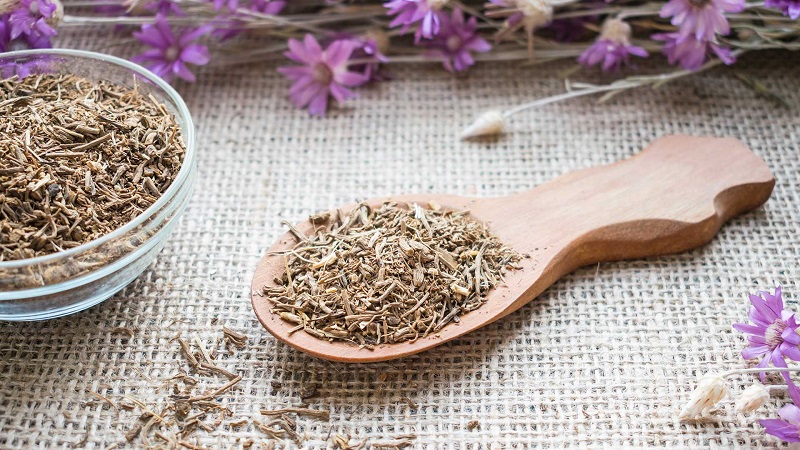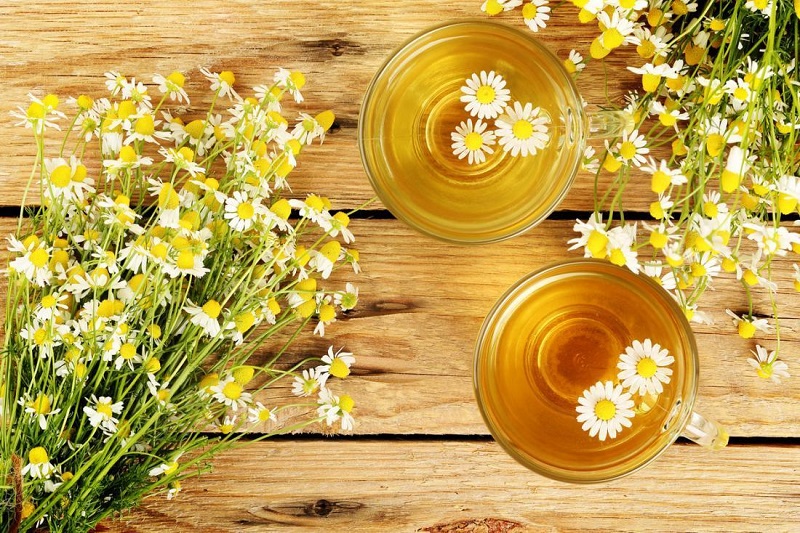Beyond consuming these tranquilizing remedies, it is convenient to avoid insomnia and calm the nerves, we adopt some relaxation techniques that help us cope with them.
The rush, multiple occupations at work, or the dizzying pace at which we are often doomed can produce tension and nervousness. Normally, these nerves are a natural reaction of the organism to novel or uncomfortable situations; so we don’t need any kind of tranquilizers. But when this state persists, it can cause serious discomfort and lead to the development of disorders whose central symptoms are related to anxiety.
Although it is true that the nerves may be easy to control at first, over time they usually significantly affect the quality of life, since they become recurrent. Thus, in many cases, this nervousness can evolve to different psychopathologies, with their consequent adverse effects.
Luckily, there are natural remedies that can help relax the nervous system. In addition, they help curb stress, insomnia, and other symptoms of their disorders. We offer you 5 natural calming remedies to combat incipient anxiety:
1. Valerian infusion
Valerian is one of the most commonly used herbs to control nerves and anxiety problems. Native to northern Europe and Asia, it is a natural remedy that has spread worldwide for its ability to regulate and control activity in the nervous system. Its compounds relax the body and mind, inducing sleep and increasing the segregation of neurotransmitters that generate a feeling of well-being.
Ingredients
- 1 cup of water (250 ml)
1 tablespoon of dried valerian (10 g)
Preparation
- Heat a cup of water and when it boils, add the dried valerian.
Wait 10 minutes. Pass it through a strainer and consume the liquid before sleeping.
You can take up to two cups a day if you consider it necessary.
2. Chamomile tea
Known throughout the world for its anti-inflammatory and digestive properties, chamomile is another plant that can be used to control nervous problems. Its relaxing action induces rest in the body, as it reduces the production of cortisol, an inducing chemical of stress. This study endorses its analgesic properties, which shows the scientific interest that medicinal plants continue to arouse today.
Ingredients
- 2 teaspoons of chamomile flowers (20 g)
1 cup of water (250 ml)
1 teaspoon of honey (7.5 g) (optional)
Preparation
- Add the tablespoon of chamomile flowers to a cup of boiling water and wait 10-15 minutes.
When ready, strain it and sweeten the drink with a little honey.
Take a cup half an hour before bed, or in any stressful situation.
3. Lavender infusion
Lavender has been valued since ancient times for its aromatic power and calming properties. Together, both confer interesting benefits for emotional health. Thus, the odor it releases relaxes the nervous system and contributes to reducing stress and irritability.
Ingredients
- 2 teaspoons of dried lavender (10 g)
1 cup of water (250 ml)
1 tablespoon of lemon juice (10 ml)
Preparation
- Add the dried lavender in a cup of boiling water and, before ingesting it, add the tablespoon of lemon juice.
Take it when you get home from work or before going to sleep.
4. Orange peel tea
The essential nutrients contained in the orange peel have a positive effect on nerve control, anxiety, and insomnia. Its active substances slow down the production of cortisol and increase the segregation of substances that promote relaxation throughout the body, such as tryptophan or serotonin.
Ingredients
- 2 teaspoons grated orange peel (10 g)
1 cup of water (250 ml)
1 tablespoon of honey (25 g)
Preparation
- Grate the orange peel and add two teaspoons to a pot of water.
Put it on low heat and boil for three minutes.
Remove it from the heat, pass it through a strainer, and sweeten it with a tablespoon of honey.
Take 2 or 3 cups a day.
5. Passionflower infusion
Passionflower is a plant with sedative properties that promote the balance of the nervous system for quick relief from anxiety, anxiety, and sleep problems. Regular consumption of its infusion has a calming effect that reduces stress episodes.
Ingredients
1 tablespoon of passionflower leaves (10 g)
1 cup of water (250 ml)
Preparation
Heat the cup of water and, when it comes to a boil, add the passionflower leaves.
Leave them on low heat for 2 minutes and remove it.
When it reaches a suitable temperature for consumption, strain it and take it in sips.
Take up to 2 cups a day.
In addition to the mentioned remedies, it is advisable that you use a relaxation technique in addition. For example, some type of physical activity, yoga, or meditation. All of these healthy habits will help calm nerves, restlessness, and negative reactions in the body. But if the signs and symptoms persist, it is advisable to go to the specialist.
You may also like to read- http://linkfeel.com/









